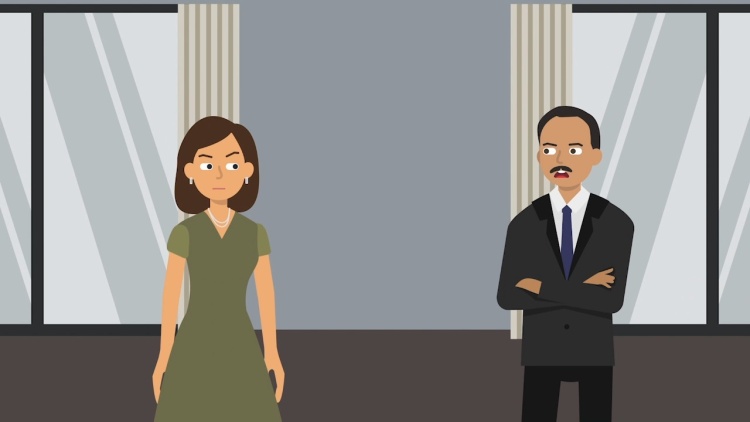Foundation Development Corp. v. Loehmann’s, Inc.
Arizona Supreme Court
788 P.2d 1189 (1990)

- Written by Richard Lavigne, JD
Facts
Loehmann’s (defendant) operated a chain of clothing stores and entered into a lease for commercial space with a predecessor of Foundation Development (plaintiff). The lease required Loehmann’s to make payments for common area maintenance in addition to the base lease rate. The lease included a time of the essence provision granting Foundation the right to terminate the lease if Loehmann’s failed to cure any breach of lease conditions within ten days of receipt of notice. After some disagreement about the amount of common area charges due for a given year, Foundation sent a letter to Loehmann’s demanding payment within ten days. Loehmann’s mailed payment that was received by Foundation 19 days after the date of its demand letter and 12 days after Loehmann’s receipt of the demand letter. On the eleventh day after Loehmann’s received the demand letter, Foundation filed suit for termination of the lease, eviction, and payment of the common area charges. The trial court concluded that Loehmann’s breach of the lease was trivial and denied Foundation’s claims. Foundation appealed and the court of appeals reversed the trial court decision, reasoning that even if Loehmann’s late payment were a trivial breach, Loehmann’s failure to meet the time of the essence provision in the lease amounted to a material breach that justified termination. Loehmann’s petitioned the supreme court for review.
Rule of Law
Issue
Holding and Reasoning ()
What to do next…
Here's why 907,000 law students have relied on our case briefs:
- Written by law professors and practitioners, not other law students. 47,100 briefs, keyed to 996 casebooks. Top-notch customer support.
- The right amount of information, includes the facts, issues, rule of law, holding and reasoning, and any concurrences and dissents.
- Access in your classes, works on your mobile and tablet. Massive library of related video lessons and high quality multiple-choice questions.
- Easy to use, uniform format for every case brief. Written in plain English, not in legalese. Our briefs summarize and simplify; they don’t just repeat the court’s language.





